Tehran residents may have to leave city as drought worsens: Iranian president
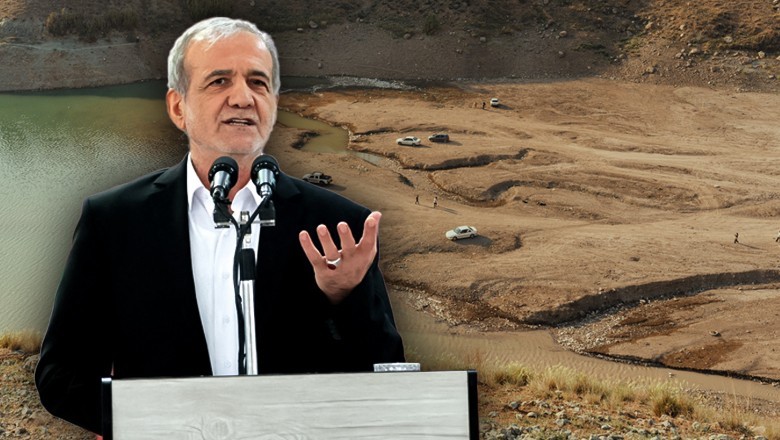
Web Desk
|
13 Nov 2025
Iran's capital city, Tehran is facing a dire drought situation and has been given a warning from its president that without rainfall soon, the city may require full water rationing, and even evacuation.
Iran is grappling with a terrible water crisis as its major reservoirs near the capital have fallen to historically low levels amidst a drought. Authorities report that 19 major dams across the country are now at less than 5 % capacity.
Specifically, the five primary dams supplying Tehran, the Lar Dam, Latyan Dam, Amir Kabir Dam, Taleqan Dam and Mamloo Dam, are on average at around 10% capacity.
President Masoud Pezeshkian warned if no rains arrive by December, water rationing would begin and further stated that evacuation of Tehran might also be carried out, a city of more than 10 million, if necessary.
The crisis is driven by a combination of long term drought (now in its sixth year), record breaking heatwaves, and deep rooted management failures.
For the water year ending September 2025, rainfall was down 81 % compared to average. Around the country, aquifers are being over exploited, agriculture uses about 90 % of all water despite contributing only around 12 % of GDP.
Efforts to manage the crisis include threats of nightly water cut offs nationwide and plans to penalise major urban water users.
In Tehran daily life is already being affected, online reports and media speak of unannounced water shut offs, households installing tanks, and growing anxiety that taps may soon run dry.
Experts warn the situation is unlikely to improve quickly, without meaningful structural reform, shifting away from engineering to supply more water, to managing demand and restoring aquifers, the water system may be “irrecoverable”.
The stakes are broader than just taps running dry. A collapsing water supply threatens public health, food security, the economy, and social stability in a country already under international sanctions and facing economic issues.




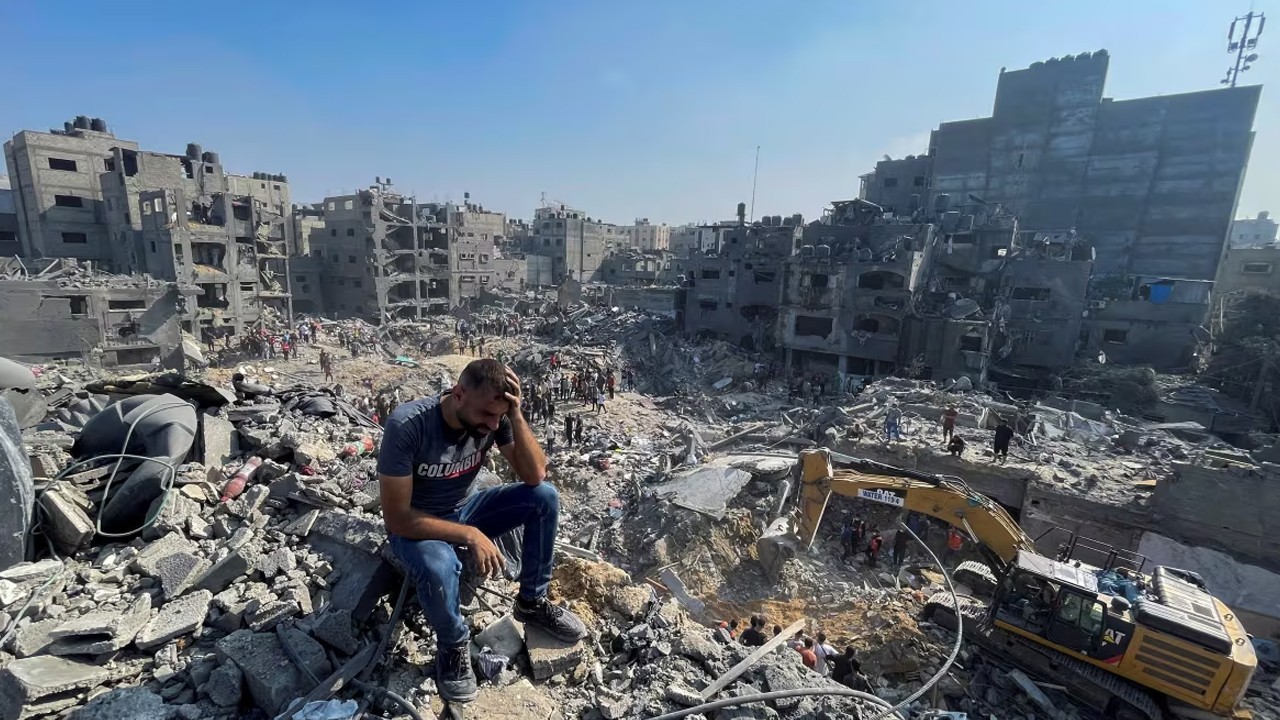


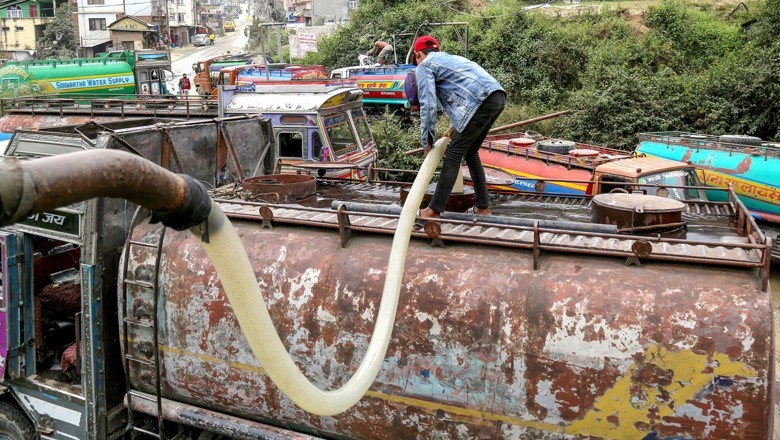
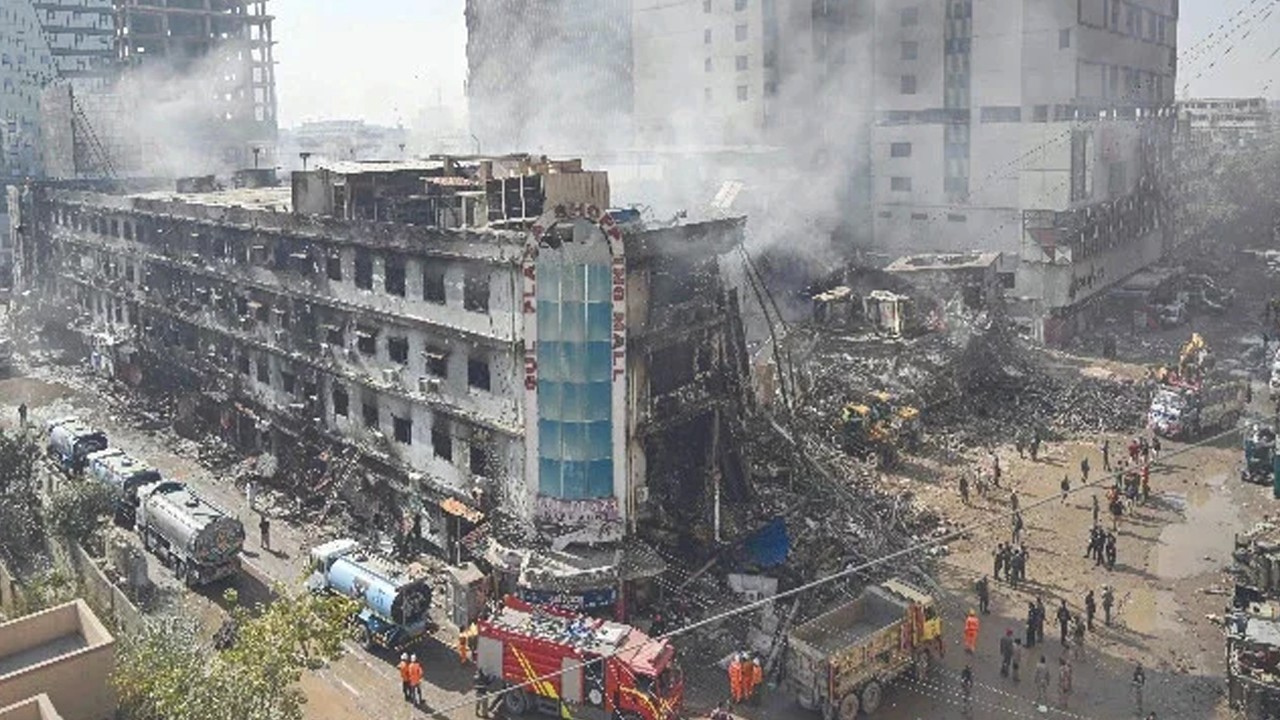

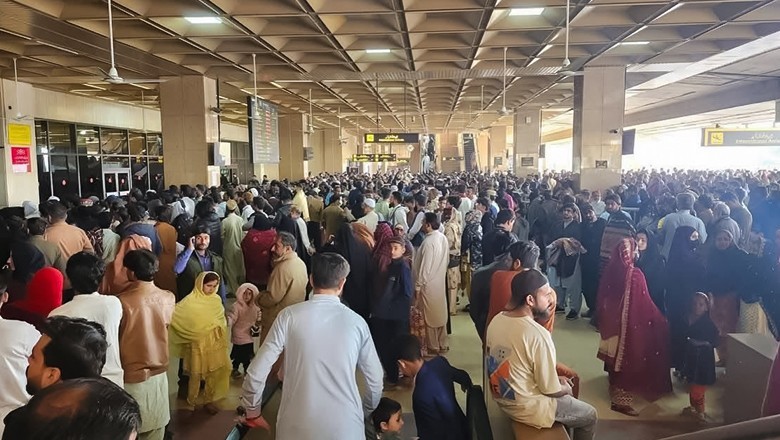

Comments
0 comment